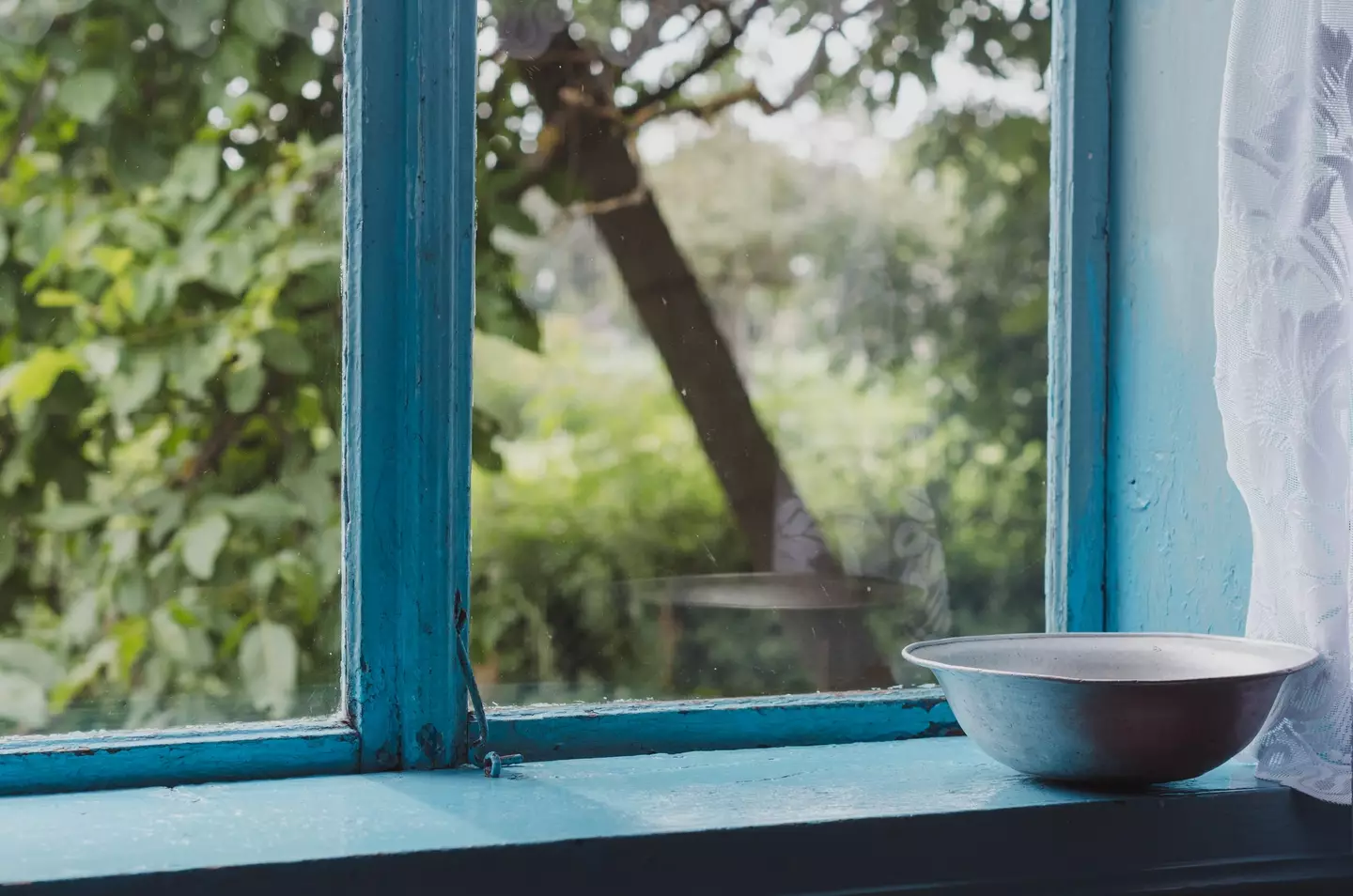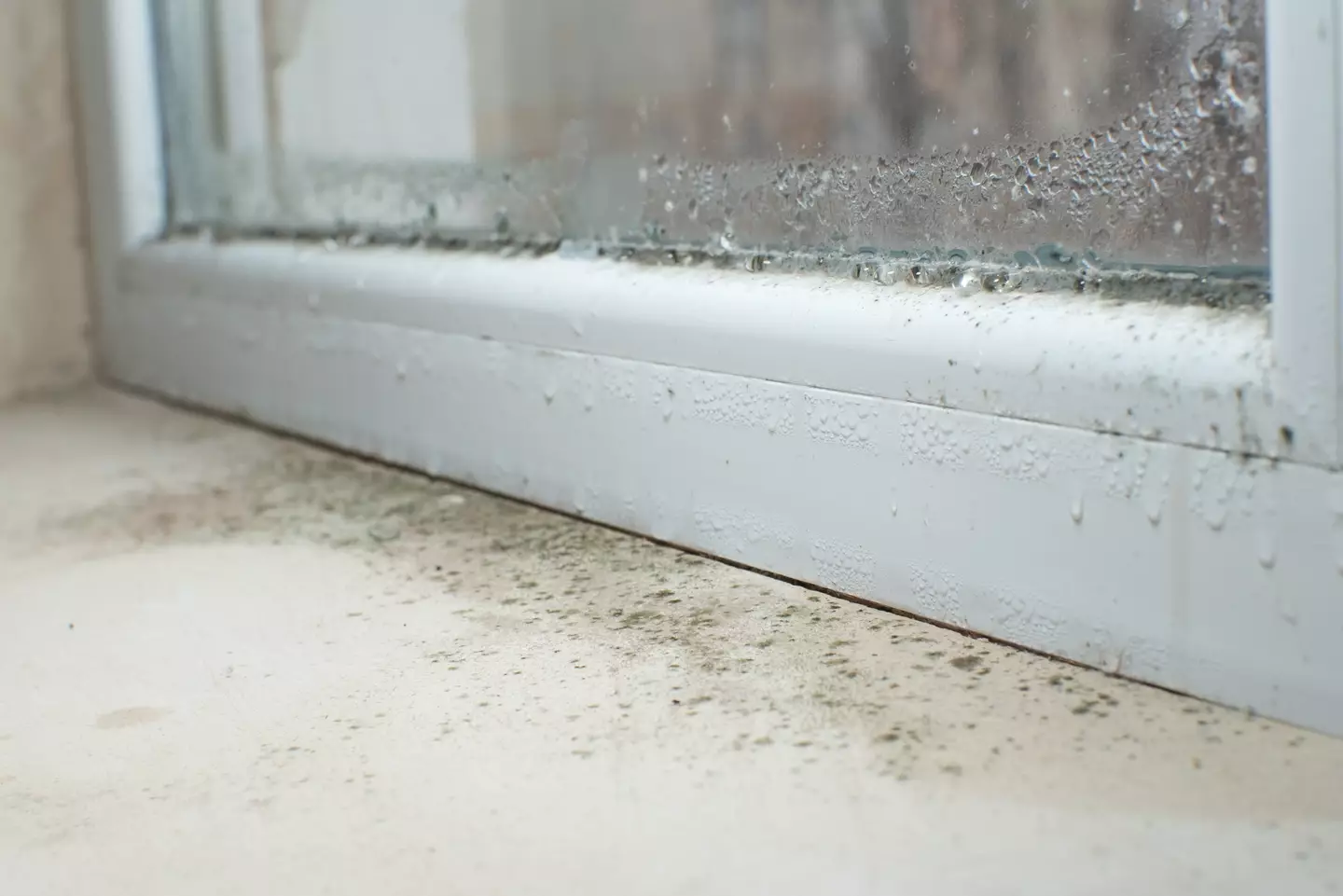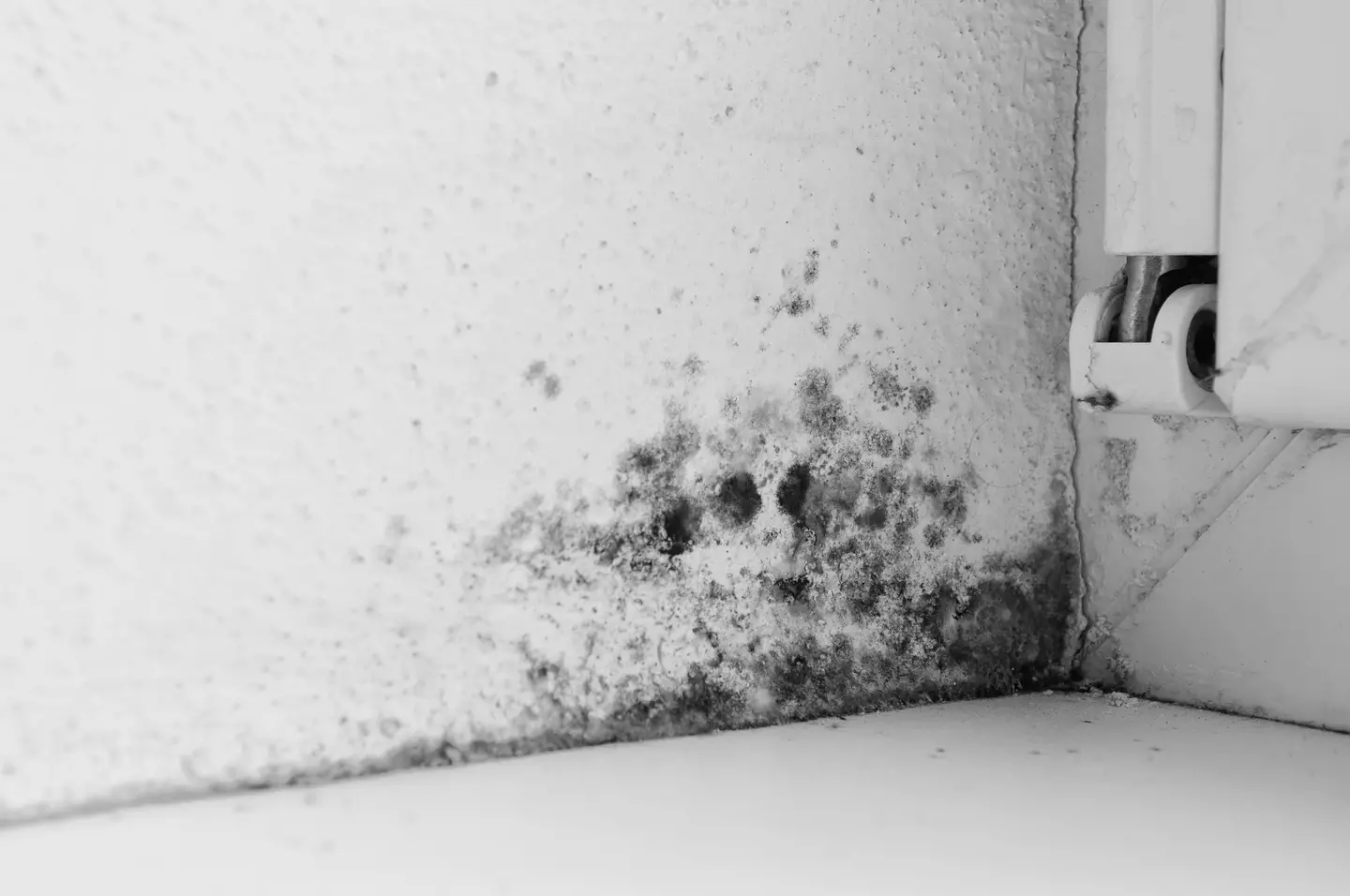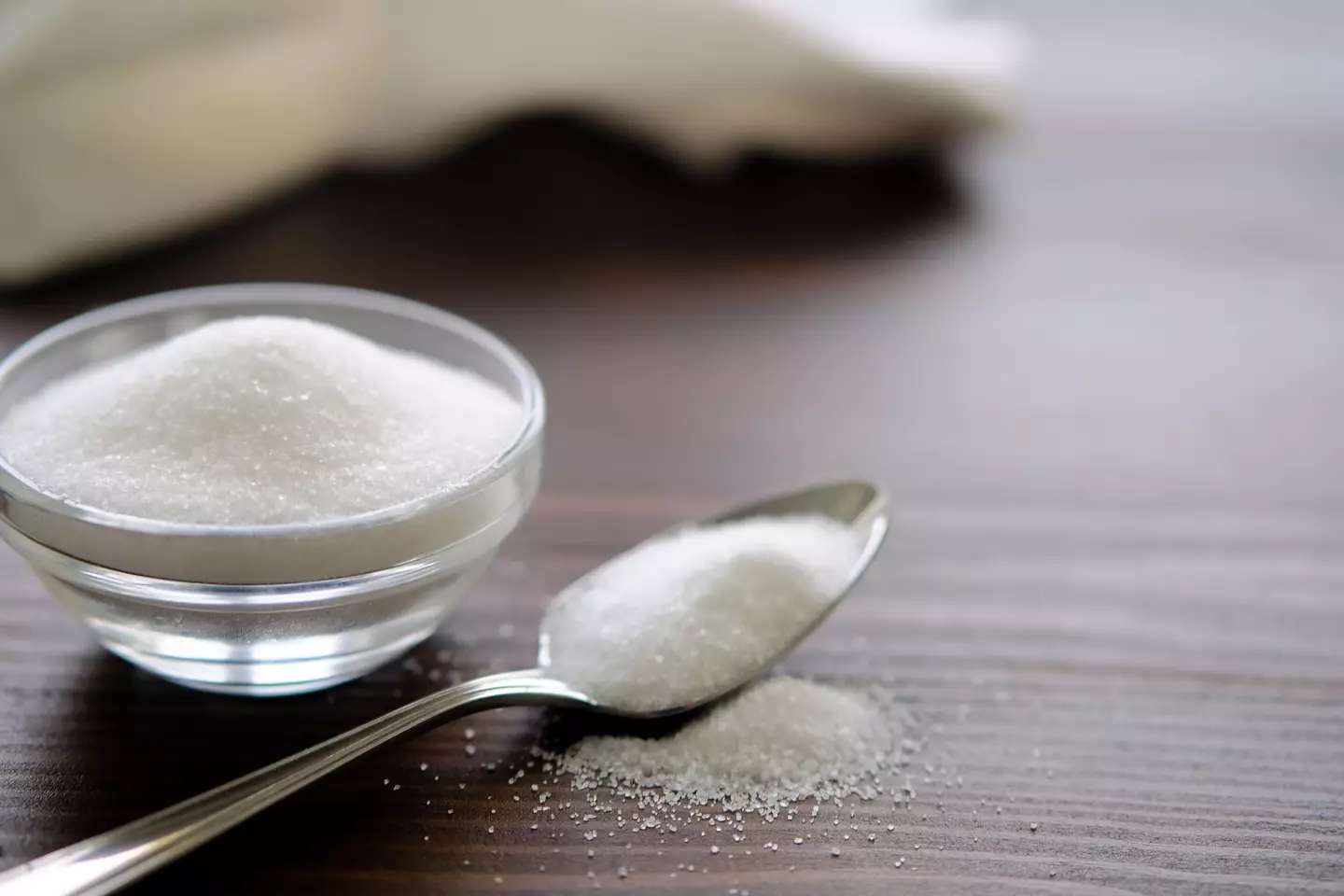As autumn draws in and the heat of summer becomes a distant memory beneath the bleakness of cold skies, there's a few things you need to watch out for.
You'll need to be ready for the clocks to go back this weekend, and to get ready for your commutes to and from the office to be shrouded in darkness.
Within the confines of your own home you'll also need to look out for some potential dangers to your health and figure out some ways to tackle them.
Among the things to deal with is a 'silent killer' which can hamper your health and creep into your home as time goes by.

It's a bowl of salt, so how can that help on the windowsill? (Getty Stock Photo)
What's this 'silent killer'?
I'm glad you asked, dear reader.
It's mould, that quiet, fuzzy and utterly unwanted home decoration which can creep into certain abodes at a particular time of year and start impacting things.
More specifically, it can start impacting you as it can kick off respiratory illnesses, set off allergies if you have them and make life harder in general for asthmatics.
In serious cases it can even kill you, though it's more likely to just make your life unpleasant by getting into your home and chipping away at your health.
If you want to keep this 'silent killer' away then you'll need to avoid your home becoming damp, and that means you'll want to crack down on condensation.

Condensation can lead to dampness and mould. (Getty Stock Photo)
What causes condensation?
Another good question, you'll get condensation when the temperature on one side of a pane of glass is colder than it is on the other.
Given that it's autumn you'd definitely hope that'd be the case inside your home, given that we're getting to the time of year where you really have to start thinking about sticking the heating on.
The warm air hits the cold surface and cools down, releasing the moisture it contained which turns into droplets of liquid.
That liquid can then run down and make things damp, causing conditions for mould to creep in.

Mould is really bad for your health, so you definitely don't want it inside your home. (Getty Stock Photo)
How can a bowl of salt help with condensation?
There used to be a superstition that drawing a line of salt across something would help ward evil spirits away.
It's not quite the same as using salt to tackle mould but it's close enough.
According to Posh.co.uk, salt absorbs moisture from the air which means there's going to be less to form on the window and thus cause damp, which can lead to mould.
One of their experts said: "It’s a really easy trick that requires no effort at all. Simply fill a shallow bowl or a small jar with some salt - this can be table salt or rock salt.”
The bigger the window, the bigger the bowl of salt you'll need to use for it to be effective, but we're still talking small quantities here.
You will have to periodically replace the salt after it has absorbed enough moisture, and you'll know this is the case after your bowl gets damn and the salt starts to 'clump together'.

Remember to change the salt when it gets too damp. (Getty Stock Photo)
What else can I do to get rid of condensation?
Experts from Household Quotes have come up with some other advice you could try.
Their expert Joshua said you could try opening your windows for a couple of hours a day to let the moist air out and replace it with fresh stuff.
Keeping your home warm enough can also help stop condensation from forming in the first place, so Joshua recommended opening your windows for a bit in the morning and then putting the heating on once you'd closed them again.
He also suggested using a dehumidifier and avoiding doing things that added moisture to the air like drying clothes indoors or boiling water without lids on pots.
If your bathroom has an extractor fan that's recommended to have on for half an hour after you use the shower as well, since it's probably going to be the dampest room in your house.




















 English (US) ·
English (US) ·